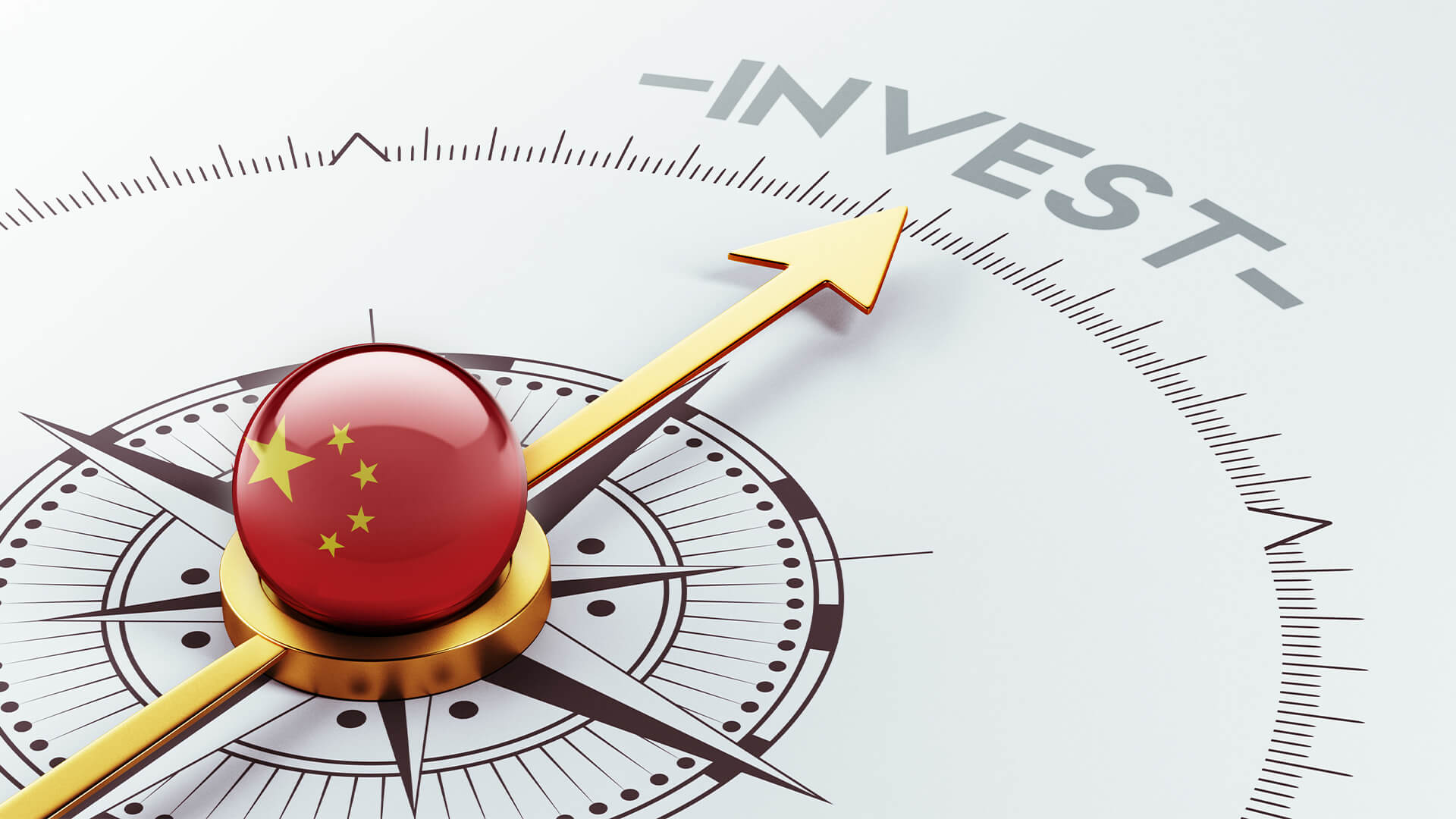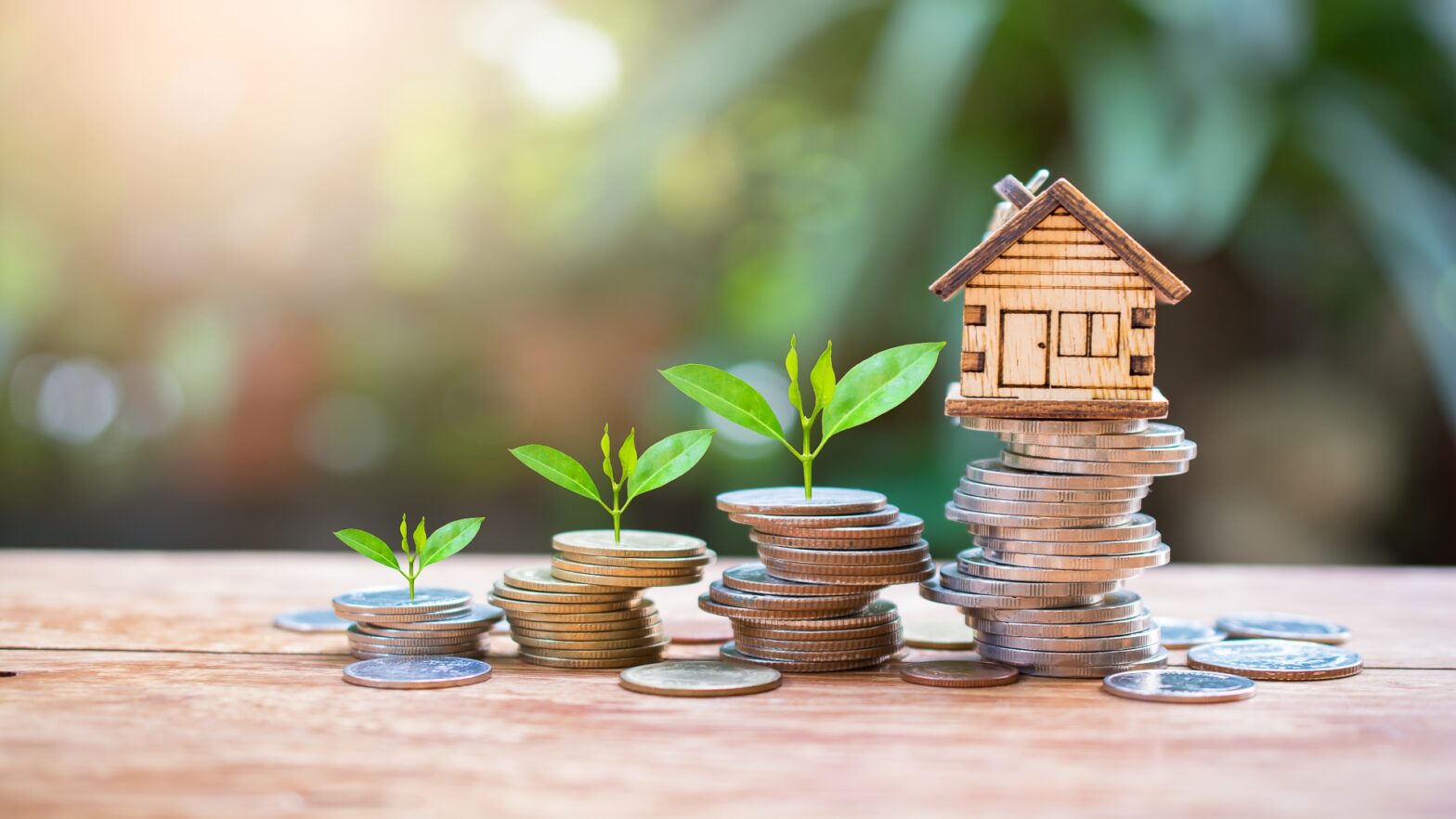Maxim Manturov, Head of Investment Advice at Freedom Finance Europe, explores how China’s economy could gain momentum despite adverse factors of the Covid-19 pandemic and what investors need to know.
The Chinese economy has returned to a state of growth since Covid-19 restrictions lifted in 2021. This continued until Q2 2022 when lockdown and a slowdown of 0.4% y/y (-2.6% q/q) hit. Despite this, manufacturing and services rose in June for the first time since February with the manufacturing PMI (Purchasing Managers Index) rising to 50.2 points (up from 49.6 in May) and services rose to 54.5 (up from 41.4 in May). In addition to improved domestic demand, a record trade surplus of $98 billion (£87 billion) contributed to the recovery.
The support businesses are expecting to receive to stimulate the economy may have been the catalyst that enabled recovery. In Q2 2022, Beijing switched to a more expansionary fiscal policy and announced a set of measures to support the economy, including new tax incentives and infrastructure investments amounting to ¥2.6 trillion (2.2% of GDP – $370 billion or £330 billion). These are typically financed by local government bond. For example, more than ¥2 trillion ($290 billion or £258 billion) worth of such bonds were issued in the first five months of 2022.
These measures are likely to increase the budget deficit, which has already reached ¥3 trillion ($430 billion or £383 billion) in the first half of 2022, and together with local government finances, ¥5 trillion (4.3% of GDP – $720 billion or £642 billion). Nevertheless, China has a relatively strong fiscal position – its debt burden does not exceed 80% of GDP.
China’s relatively strong economic outlook compared to the EU and US
In the USA the trade deficit decreased from $84.91 billion (£75.79 billion) in May to $70.7 billion (£63.1 billion) in July. At the same time, the budget burden is increasing year on year. In the Eurozone, the negative balance has only strengthened since the end of last year, increasing to €26.3 billion (£2.26 billion) in May, €24.6 billion (£21.4 billion) in June and €34 billion (£29.6 billion) in July of 2022.
Chinese imports to Germany have been rising strongly over the last few years, while exports have remained unchanged. China has generated a deficit of €220.6 billion in seven months with Europe. This trend is extending the supply of Euros, as buying Chinese goods requires the sale of Euros and the purchase of Renminbi. Overall, the EU trade balance is in deficit, as indicated by factors such as imports exceeding exports, which is not in favour of a rise in the Euro. This indicates a worsening situation in the Eurozone.
Looking ahead, there will be a stronger focus on consumption, which could support economic growth. In the short-term, China will focus more on shifting from an export-led economy to consumption-led growth.
China’s IPO market
From January to August, China’s IPO market rose 44% y/y to $58 billion (£51 billion) a record high for the period. In the US, there was a 92% y/y decline during this time. China has already had five IPOs worth over $1 billion in 2022 and another is being prepared. There has only been one such public sale in New York and Hong Kong and none in Europe.
The oil and gas company CNOOC and the telecoms provider China Mobile are the biggest debuts this year. They have raised $5 billion (£4.4 billion) and $8.6 billion (£7.7 billion) respectively. The technology sector dominated the Chinese IPO market. Demand for $1.6 billion (£1.4 billion) from the computer components maker Hygon Information Technology exceeded supply by a factor of 2000.
What can investors expect from the Chinese stock market?
Chinese industrial production, retail sales and fixed-asset investment increased faster than experts had expected last month. Economic data for August showed that China withstood the impact of many negative factors and maintained the momentum for economic recovery. Equity investors want to see a significant softening of China’s Covid-19 policy to make it more constructive.
Importantly, investment in Chinese startups and companies has been increasing since 2019. Last year, investments reached $118 billion, the second highest on record, with US venture capitalists involved in about a quarter of these deals. Alfonso Alba, the head of Bayer Crop Science, headquartered in Germany and China, says the company is very optimistic about the Chinese market. Bayer Crop Science has developed an ambitious development plan for the next 10 years in China. Jeremy Yeo, the acting CEO of US plant-based meat company Beyond Meat, says the company sees significant potential in the Chinese market and will increase investment.




























